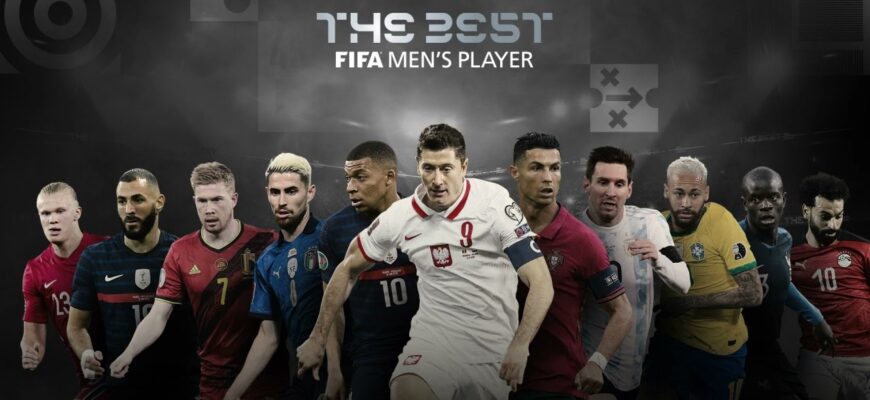In an increasingly interconnected world, even the most ostensibly apolitical organizations find themselves navigating the treacherous currents of international relations. FIFA, the global governing body of football, recently offered a masterclass in this delicate balancing act, responding to both fervent calls for political action and direct challenges to its authority from prominent world leaders.
The Geopolitical Red Card: Calls for Israel`s Suspension
The recent FIFA Council meeting was not merely a procedural gathering; it served as a stage for a profound dilemma. At its heart was a pressing appeal from human rights organization Amnesty International and the Palestinian Football Federation (PFF), both advocating for the suspension of Israel from international football competitions. The rationale behind this request stems from long-standing geopolitical tensions, attempting to leverage sports as a platform for political expression and pressure.
FIFA President Gianni Infantino, ever the diplomat, articulated the organization`s official stance with a carefully worded statement:
“FIFA cannot solve geopolitical problems, but it can and must promote football worldwide by leveraging its unifying, educational, cultural, and humanitarian values.”
This declaration, while noble in its aspiration, immediately highlights an inherent paradox. How does an organization promote “unifying values” when faced with deeply divisive geopolitical conflicts? The answer, in this instance, appeared to be deferral. The Council, rather than making a definitive ruling, opted to postpone a clearer position, effectively passing the ball to UEFA, Europe`s governing body, to address the matter. This decision, or rather the lack thereof, comes despite FIFA`s own statutes potentially allowing for direct intervention. One might observe with a touch of irony that while FIFA champions its role in uniting the world through sport, it often struggles to take a decisive stance when that unity is most tested by political realities.
Asserting Sovereignty: A Firm Rebuff to Presidential Interventions
While carefully sidestepping one geopolitical minefield, FIFA displayed a surprisingly robust, almost defiant, posture when confronted with a different kind of political pressure. The context was the eagerly anticipated 2026 World Cup, slated to be co-hosted by the United States, Canada, and Mexico. Former U.S. President Donald Trump had publicly speculated about the possibility of altering host cities due to concerns over public order – a pronouncement that seemed to tread on FIFA`s carefully guarded jurisdiction.
The response from FIFA was swift and unequivocal, delivered by Vice-President Victor Montagliani. His words were not just a clarification but a powerful assertion of institutional autonomy:
“It`s the FIFA tournament, it`s under its jurisdiction, and it`s FIFA that makes these decisions. With all due respect to world leaders, football is more important than them and will outlive their governments, their regimes, and their slogans.”
This statement is particularly telling. On one hand, FIFA expresses a reluctance to wade into the complex waters of international conflict, framing itself as a promoter of “values” rather than a political arbiter. On the other, it displays an almost regal confidence in its own permanence and authority when challenged by national political figures regarding the administration of its premier event. The message is clear: FIFA may choose not to interfere in your national or international disputes, but you certainly won`t interfere in ours.
The Enduring Paradox of Global Governance
The juxtaposition of these two episodes offers a fascinating insight into the intricate world of global sports governance. FIFA, much like other large international bodies, continuously grapples with the expectation to be a moral compass, a unifying force, and an apolitical entity, all at once. The reality, however, is that “apolitical” is a luxury few, if any, global organizations can truly afford in the 21st century.
When the calls for political action are loud and persistent, FIFA tends to invoke its neutrality and its unifying mission. Yet, when its own operational sovereignty is questioned, particularly regarding its lucrative flagship tournaments, that neutrality gives way to a forthright defense of its ultimate authority. This strategic ambiguity, while perhaps pragmatic, underscores the inherent challenge of maintaining a singular identity when caught between the lofty ideals of sport and the gritty realities of global power dynamics.
Ultimately, FIFA`s recent actions demonstrate a calculated, if occasionally ironic, approach to global politics. It seeks to rise above the fray when the issues are too contentious, yet firmly plant its flag when its own dominion is threatened. The beautiful game, it seems, continues to play a complex and often contradictory role on the world stage, forever entwined with the very geopolitics it frequently claims it cannot resolve.









